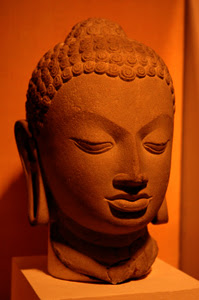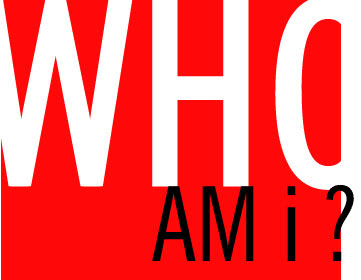Wesak
 Its the buddhist festival celebrated on buddha poornami. The day is a day thrice blessed. The world knows it as Buddha Purnima. Its significance lies in the fact that it was on this day that Prince Siddharth was born, got enlightenment and left his physical state at the age of 80.
Its the buddhist festival celebrated on buddha poornami. The day is a day thrice blessed. The world knows it as Buddha Purnima. Its significance lies in the fact that it was on this day that Prince Siddharth was born, got enlightenment and left his physical state at the age of 80.Vesak or wesak is the most holy time in the Buddhist calendar.Vaishākha is the name of the second month of the lunar Hindu calendar. Wesak is a major festival in many Buddhist countries. It happens on the day of the full moon in May.
Vesak is also known as Visakah Puja, Buddha Purnima or Buddha Jayanti in India, Bangladesh and Nepal, Visakha Bucha in Thailand, Phat Dan in Vietnam, Waisak in Indonesia, Vesak (Wesak) in Sri Lanka and Malaysia, and Saga Dawa in Tibet. The equivalent festival in Laos is called Vixakha Bouxa and in Myanmar is called Ka-sone-la-pyae meaning Fullmoon Day of Kasone which is also the second month of the Myanmar Calender.
On this day, devotees may bring simple offerings of flowers, candles and joss-sticks to lay at the feet of their teacher. These symbolic offerings are to remind followers that just as the beautiful flowers would wither away after a short while and the candles and joss-sticks would soon burn out, so too is life subject to decay and destruction.If there is food it is usually vegetarian as Buddhists try not to harm animals.
Also birds, insects and animals are released by the thousands in what is known as a symbolic act to liberation of giving freedom to those who are in captivity, imprisoned, or tortured against their will .
 Buddha spoke and taught for years. Thousands would sit still, observe and meditate and become free. Buddha would not indulge in any philosophic discussion.At a time when there was so much prosperity, Buddha gave a begging bowl to his main disciples and asked them to go and beg! He made kings take off their royal robes and take a bowl in their hand! Not that they were in need of food but he wanted to teach them the lesson of becoming ‘nobody’ from being ‘somebody’. You are nobody; you are insignificant in this Universe. When kings and geniuses of that time were asked to beg, they became embodiments of compassion. There is an interesting tale about Buddha when he maintained silence.
Buddha spoke and taught for years. Thousands would sit still, observe and meditate and become free. Buddha would not indulge in any philosophic discussion.At a time when there was so much prosperity, Buddha gave a begging bowl to his main disciples and asked them to go and beg! He made kings take off their royal robes and take a bowl in their hand! Not that they were in need of food but he wanted to teach them the lesson of becoming ‘nobody’ from being ‘somebody’. You are nobody; you are insignificant in this Universe. When kings and geniuses of that time were asked to beg, they became embodiments of compassion. There is an interesting tale about Buddha when he maintained silence.When Buddha got enlightened on that full moon day in the month of May, it is said that he maintained silence for the whole week. He did not say a word. Mythology says that all the angels in the heaven were frightened. They knew that it was only once in a millennium that someone blossoms like Buddha. Now he was silent! The angels then requested him to say something. He said, “Those who know, they know even without my saying and those who do not know, will not know even if I say something. Any description of light to a blind man is of no use. There is no point in talking to those who have not tasted the ambrosia of life, and therefore I am silent. How can you convey something so intimate and personal? Words cannot. And as many scriptures in the past have declared words end where truth begins.”
The angels said, “What you say is right. But consider those who are on the borderline, who are neither fully enlightened nor totally ignorant. For them, a few words will give a push, for their sake you speak and every word of yours will create that silence.”
The purpose of words is to create silence. If words create more noise, then they have not reached their goal. Buddha's words would definitely create silence, because Buddha is the manifestation of silence. Silence is the source of life and is the cure for diseases. When people are angry, they maintain silence. First they shout and then comes the silence. When one is sad, they ask to be left alone and retreat into silence. Similarly, silence is the recourse one takes to if ashamed. If one is wise too, there’s silence.
Look at the noise in your mind. What is it about? More money? More fame? More recognition? Fulfillment? Relationship? The noise is about something; silence is about nothing. Silence is the basis; noise is the surface.
.








Comments
Post a Comment